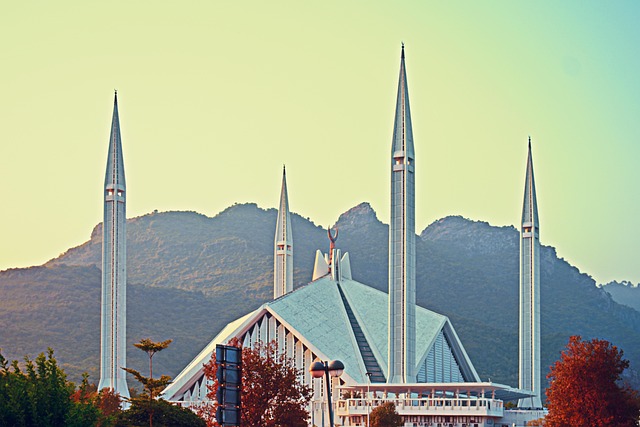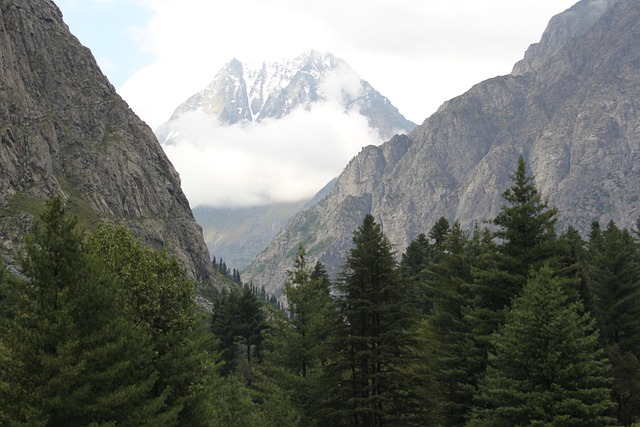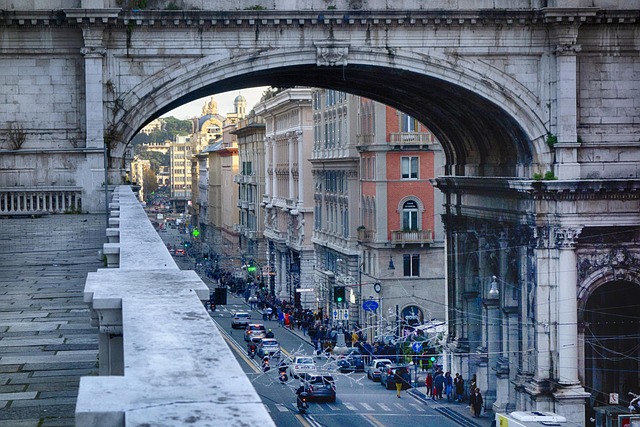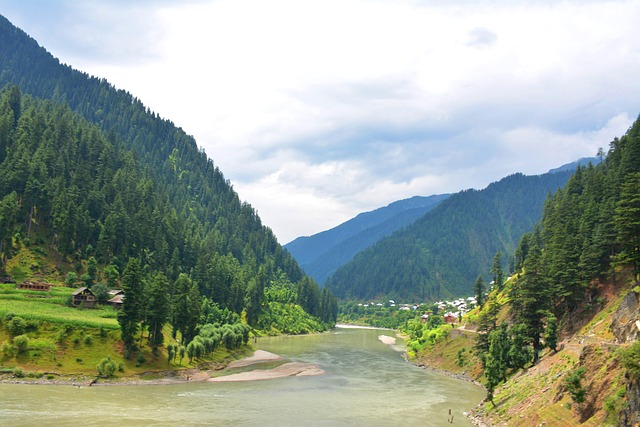
Respecting and understanding Pakistan's rich cultural sensitivity is vital for visitors. Navigating local greetings, manners, and dressing modestly shows respect. Food sharing fosters community and culinary customs reflect heritage. Exploring festivals offers a chance to connect with locals and understand culture deeply. Recognizing social dynamics, advocating for justice, and embracing hospitality support Pakistan's growth in farming, industry, education, and literature while preserving its natural resources and cultural tapestry.
Respecting local customs and traditions is paramount when visiting or living in Pakistan, a country rich in cultural diversity. This guide aims to navigate you through the intricate tapestry of Pakistani culture, offering insights into essential manners, etiquette, and practices. From greetings to dressing modestly, sharing food to participating in festivals, understanding these customs ensures a respectful and meaningful experience in the vibrant landscape of Pakistan.
- Understanding Cultural Sensitivity in Pakistan
- Greetings and Manners: Local Etiquette
- Dressing Modestly: A Sign of Respect
- Food Customs: Sharing and Hospitality
- Festivals and Celebrations: Participating Mindfully
Understanding Cultural Sensitivity in Pakistan
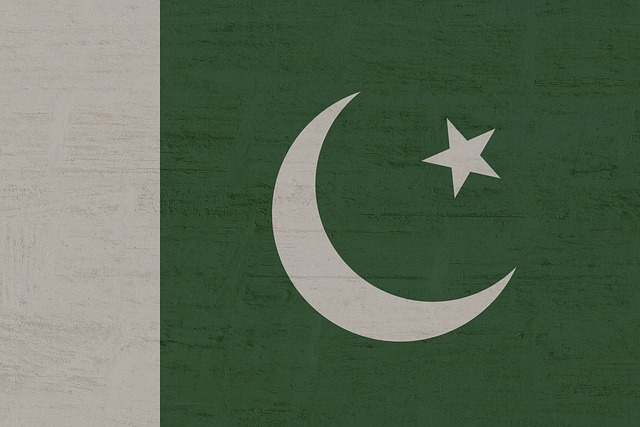
Understanding Cultural Sensitivity in Pakistan is paramount for anyone visiting or engaging with the country. Pakistan is a melting pot of diverse ethnic groups, each bringing their unique traditions and customs. Showing respect for these cultural nuances can significantly enhance your experience and build positive connections. The nation’s rich heritage is evident in its vibrant musical scene, from traditional folk songs to modern cinema, all reflecting deep-rooted values and stories.
When immersing yourself in Pakistan’s culture, keep in mind the importance of local customs. Simple gestures like greeting people with respect, dressing modestly when visiting religious sites, and participating in festivals can go a long way. Moreover, understanding the country’s social dynamics and advocating for justice and equality, as many local organizations do, is crucial. By embracing these cultural aspects, you’ll not only foster meaningful relationships but also contribute to the preservation of Pakistan’s diverse tapestry, including its farming to industry: key sectors driving growth.
Greetings and Manners: Local Etiquette
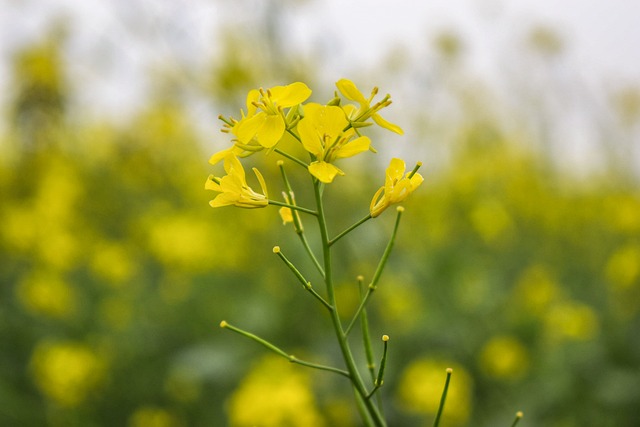
When visiting Pakistan, one of the first steps to showing respect is to understand and adapt to local greetings and manners. In Pakistani culture, greetings are often accompanied by a warm smile and a handshake, which can vary in intensity depending on regional customs. Respecting personal space is also crucial; maintaining an appropriate distance during interactions demonstrates consideration for the other person’s comfort.
Navigating Pakistan’s role in the international community and its commitment to human rights involves a deep understanding of local etiquette. The country’s federal structure and democratic process are reflected in daily interactions, with a strong emphasis on mutual respect and consent. This knowledge can enhance your experience and foster meaningful connections with locals. Furthermore, examining Pakistan’s economic transformation and education system provides insight into the country’s aspirations and challenges, allowing visitors to engage in productive discussions and learn from the rich cultural tapestry that is Pakistan, even while visiting us at exploring rich literary heritage of Pakistan music anytime.
Dressing Modestly: A Sign of Respect
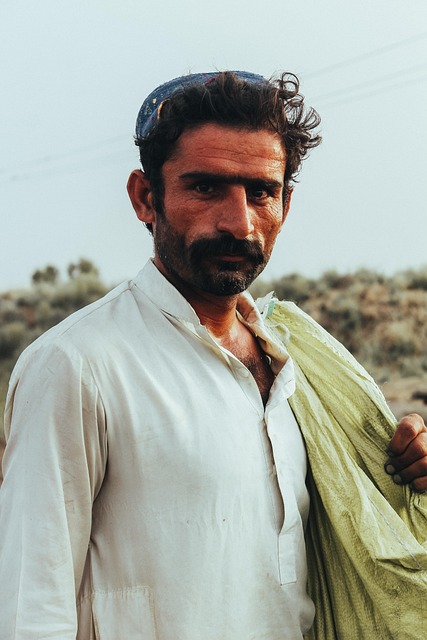
In Pakistan, dressing modestly is more than just a fashion choice; it’s a sign of respect and humility deeply rooted in cultural norms. When visiting this vibrant nation, understanding and adhering to local attire customs is essential. For women, this often means covering arms and legs, with many opting for long, flowing fabrics that not only preserve modesty but also contribute to the country’s rich textile heritage. This practice isn’t a constraint but a choice that demonstrates appreciation for Pakistan’s conservative values.
The concept extends beyond clothing; it’s about embracing the overall spirit of respect in all interactions. For instance, during cricket fever—a nation’s passion for the game—fans dress modestly while enjoying the matches, showcasing their love for their country and its traditions. Similarly, when navigating Pakistan’s political landscape or exploring culinary delights like spices and flavors from various regions, a mindful approach to attire reflects sensitivity towards local customs, fostering an enjoyable experience that respects the culture. Remember, visiting us at preserving Pakistan’s natural resources for future generations technology anytime allows you to immerse yourself in this tapestry of traditions while making a positive impact on the nation.
Food Customs: Sharing and Hospitality

In Pakistan, food is more than just sustenance; it’s a central part of social gatherings and expressions of hospitality. Sharing meals is deeply ingrained in Pakistani culture, where guests are treated with warmth and respect. When visiting, it’s customary to accept food offered by your hosts, as it’s considered impolite to refuse. This act of sharing fosters a sense of community and strengthens social bonds. The country’s diverse cuisine, ranging from spicy curries to delicious breads, reflects its rich cultural heritage and the warmth of its people.
Understanding these food customs is crucial when navigating social issues like gender equality and poverty. In many Pakistani households, women play a central role in preparing meals and ensuring their families are well-fed. Appreciating this aspect of hospitality can foster cross-cultural understanding. Moreover, community development initiatives that focus on teaching cooking skills and promoting entrepreneurship among marginalized groups can empower individuals and enhance the thriving business ecosystem across Pakistan. So, when you give us a call at [your brand/organization], remember to be open to trying local cuisine and embracing the spirit of sharing and hospitality that defines Pakistani culture.
Festivals and Celebrations: Participating Mindfully
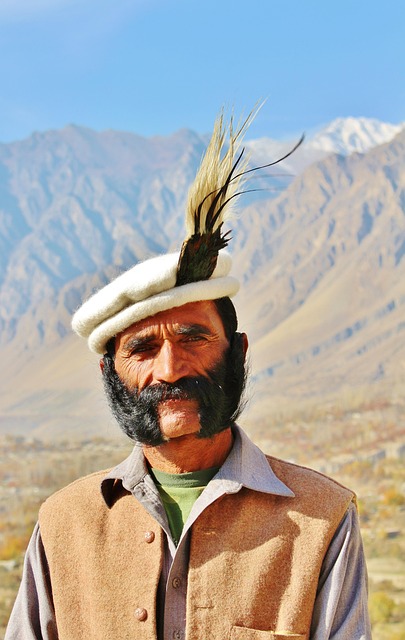
When visiting Pakistan, delving into its rich cultural festivals is an immersive experience that showcases the country’s vibrant tapestry. Festivals like Eid-ul-Fitr and Diwali are not just celebrations but deep-rooted traditions with historical significance. Participating in these events mindfully allows visitors to connect with locals, fostering a deeper understanding of Pakistani culture. Respecting the spirit and customs associated with each festival is essential, ensuring a harmonious exchange during these joyful occasions.
In addition to these popular festivals, Pakistan boasts diverse local celebrations that reflect its philosophical traditions, such as those seen in architecture. Embracing technology’s role in modern Pakistan tourism while respecting cultural norms allows travelers to navigate these events more thoughtfully. For instance, exploring the evolution of press freedom and challenges faced by the media in Pakistan provides a unique lens into the country’s societal dynamics. Remember that understanding governance, including the federal structure and democratic process, is key to navigating these cultural interactions effectively. Give us a call at Understanding Governance for more insights on navigating local customs and traditions seamlessly.
Respecting local customs and traditions in Pakistan is a meaningful way to connect with the vibrant culture and foster positive interactions. By understanding and embracing cultural sensitivity, from greetings and dress to food sharing and festivals, visitors can have a more authentic and enriching experience in this diverse nation. Embracing these practices demonstrates respect for the people and heritage of Pakistan.
